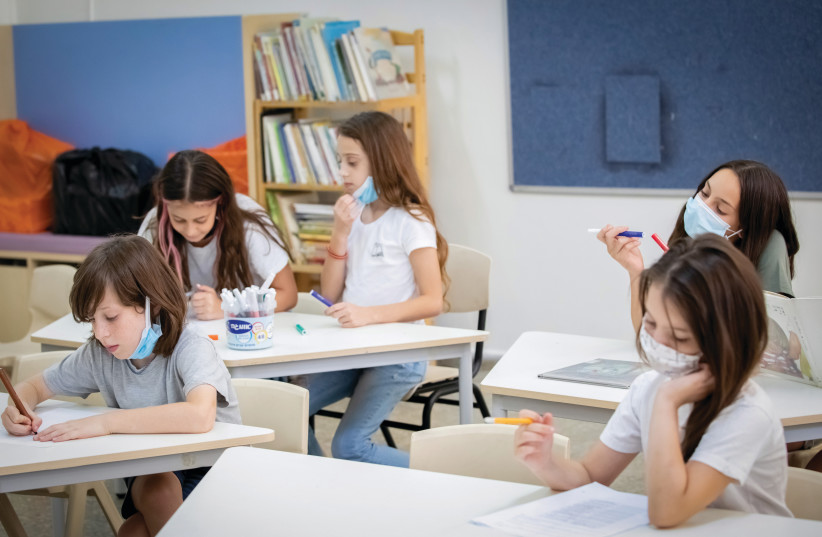Every time my friend returns from overseas she opens our conversation with the sentence "What a bummer it is to return to work." Yes, to return from a long trip, from a vacation to work, school or kindergarten,is something that needs to be dealt with. It’s not easy for adults, and certainly not for kids. But it can be done correctly and in a positive way.
Here are some tools to help you get your kids back on track after a break or holiday.
- The way you see your kids returning to school depends on your attitude. If you respond to the idea negatively, then you'll probably have a hard time encouraging your kids. So, first, examine your approach to the issue. You know that in the circle of life we have work and study routines, we have weekdays and holidays, days when we celebrate special events like a birthday and many "normal" days. All these days are part of our life and our yearly calendar.
- Be happy and positive on days off with leisure activities, and on days of routine and work. Your kids watch you 24/7, and when they hear every day "what a hard day I had", "I don’t have the strength for this job", "I don’t want to start the week" they absorb this attitude. They’ll learn from you that work is hard and unpleasant. Replace these sentences with: “It’s fun to be on break and go for a walk together" and "We’re happy to return to work, and thrilled that soon you'll be back in school.”
- Explain to your kids that we can’t enjoy vacation if we have it all the time. Then it would be routine and not special. Having "both and both" i.e. work/school and then vacation allows us to enjoy the days of freedom and recreation.
- Tell the kids that every person is in the place where he or she is fulfilling his or her role i.e. parents work, kids learn. At work or at school, parents and kids engage with colleagues or peers, can discuss skills and form connections, feel part of the workplace or school and know what’s expected of him/her.
- Remind them how important it is that they learn with friends. Feedback at school creates confidence and certainty about their skills. Our kids, especially the young ones, don’t look at a clock and know what’s supposed to happen every minute. Kids physically feel their daily schedule;their body gives cues. They can anticipate what comes after what and this order calms them and provides a sense of security and certainty.

See things differently:
- Acknowledge their feelings and don’t be dismissive: "What do you want, two weeks off isn’t enough?
- Ask them what will help them and what is needed
- Show them on the calendar when school starts again
- A few days before returning to school and kindergarten, return to an early set bedtime
Make sure that their knapsacks are packed, that they did any work assigned during the break, check if they need new clothes, and ask which sandwich they want for the first day back.
Enforce routines while understanding that it’s a process and that adjustments are necessary, empathize yet stick to schedules
Remember, our children's ability to adapt themselves to changing situations strengthens their confidence and life skills. This builds mental resilience which will be crucial as they develop into teens and when they’re adults.
Yehudit Oliver is a certified parent counselor at the Adler Institute.
